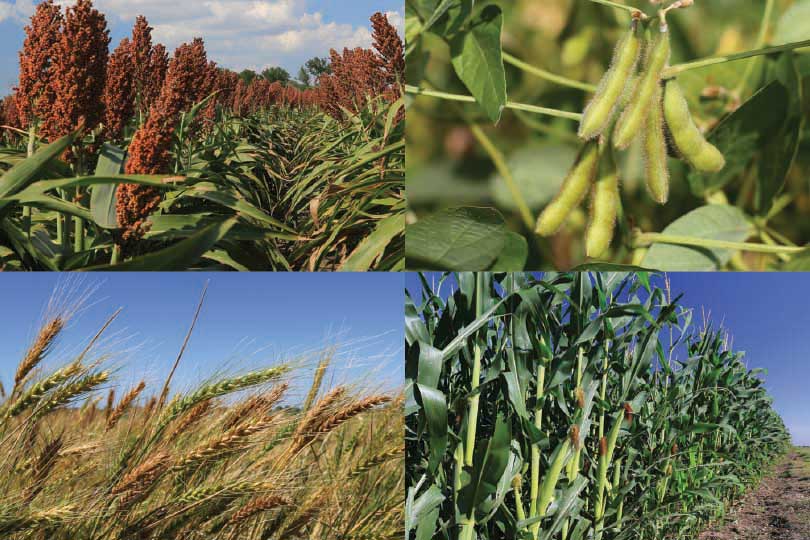Risk management is an important part of maintaining any successful business. Today, a piece of farm equipment can cost in excess of $250,000, production costs can exceed $4 or $5 per bushel, and producers can be leveraged up to 80 percent of the value of their crop.
Under these conditions, an operation that took generations to build can be wiped out overnight by a catastrophic event such as the closing of a grain elevator or the failure of a buyer to pay for a grain delivery.
Crop insurance can provide some protection before a crop is harvested. There is not an entity, however, that offers an insurance policy to cover the risk of loss of grain due to bankruptcy or theft of grain. Once the grain is delivered, an individual’s crop insurance coverage ends.
Additionally, once the grain leaves the farmer’s premises, their personal insurance is not applicable. A farmer can be totally exposed until full payment for his crop is credited to their bank account.
“A grain producer indemnity fund is essentially a method for farmers to self-insure against the financial risks associated with storing or selling grain,” said Brant Wilbourn, Texas Farm Bureau (TFB) associate director of Commodity and Regulatory Activities.
Under current laws, warehouses are the only grain facilities required to carry a bond, which only applies to stored grain. Other grain buyers are not licensed by the Texas Department of Agriculture (TDA) or any other agency and are not required to be bonded. The current bond requirement for state-licensed warehouses is 10 cents per bushel of storage capacity, with a maximum bond requirement of $500,000. Federally-licensed warehouses must have a third-party surety bond based on the licensed capacity. The $500,000 bond does not provide adequate protection in the event of a financial failure.
Many farmers in Texas have suffered large economic losses, as a result. These losses impacted not only the farmer, but also lenders, suppliers and other businesses. The economic impact of a grain buyer’s financial failure ripples across communities, and even across the state.
Tele-Town Halls will be held for farmers to learn more about the Texas Grain Producer Indemnity Fund (TGPIF). The calls will cover the fund basics, voting procedure and allow farmers to participate in a Q&A session with TGPIF board members.
Friday, Nov. 11
8:30 a.m.
Call in number: 844-348-4657
Call ID number: 14479451
Monday, Nov. 14
Noon
Call in number: 844-348-4657
Call ID number: 14481459
Wednesday, Nov. 16
4:30 p.m.
Call in number: 844-348-4657
Call ID number: 14483179
Friday, Nov. 18
8:30 a.m.
Call in number: 844-348-4657
Call ID number:14485113
Monday, Nov. 21
6 p.m.
Call in number: 844-348-4657
Call ID number:14488162
Monday, Nov. 28
Noon
Call in number: 844-348-4657
Call ID number: 14489392
Wednesday, Nov. 30
8:30 a.m.
Call in number: 844-348-4657
Call ID number: 14491222
Thursday, Dec. 1
6 p.m.
Call in number: 844-348-4657
Call ID number: 14492962
TDA is conducting a referendum on the establishment of a grain indemnity fund program. Eligible voters will decide if an assessment of two-tenths percent of the gross sales price of grain will be collected by the Texas Grain Producer Indemnity Board. The referendum is Dec. 5-9. Eligible voters can vote at their county Texas AgriLife Extension office or request a ballot from TDA.
Texas Farm Bureau supports passage of the referendum.
Eligible grain producers are persons, including the owner of a farm on which grain (corn, sorghum, soybeans and/or wheat) is produced, or the owner’s tenant or sharecropper engaged in the business of producing grain or causing grain to be produced for commercial purposes. Only a farmer who has sold grain in the 36 months preceding the close of voting is eligible to vote in the referendum.

